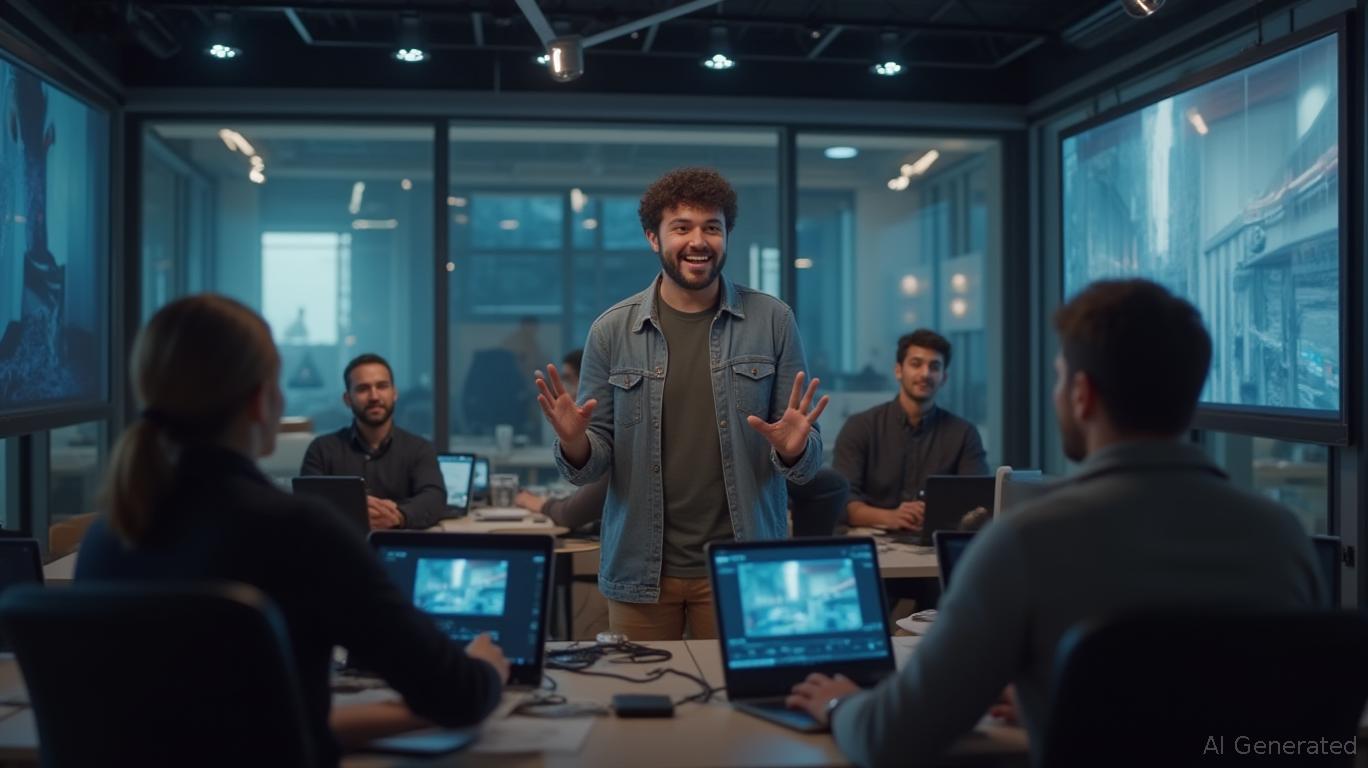Netflix has begun using Runway AI’s video generation software for content creation, marking a significant move into the AI-driven film and television production landscape. This development comes amidst ongoing debates within the industry about the implications of AI technology on traditional production methods. The streaming giant is leveraging Runway AI’s tools to enhance its video content, a step that underscores the growing trend of integrating artificial intelligence into entertainment production.
The adoption of Runway AI’s technology by Netflix is part of a broader shift in the industry towards embracing new technologies to stay competitive and meet the evolving demands of audiences. The software allows for the generation of high-quality video content, which can supplement or even replace traditional filming methods. This move by Netflix highlights the potential of AI to streamline production processes and create innovative content, driving efficiency and cost savings.
However, the use of AI in film and television production is not without controversy. Critics argue that the reliance on AI could lead to job losses in the industry, as certain roles traditionally performed by humans may become automated. There are also concerns about the potential for AI-generated content to lack the authenticity and creativity that human artists bring to the table. Despite these reservations, the potential benefits of AI in terms of efficiency and cost savings are driving its adoption by major players like Netflix.
The integration of AI into the entertainment industry is expected to have far-reaching implications. As more companies follow Netflix’s lead and adopt AI technologies, the landscape of film and television production is likely to undergo significant changes. This could include the development of new job roles focused on AI management and content creation, as well as the emergence of hybrid production methods that combine traditional techniques with AI-generated elements.
In addition to Netflix, other major players in the industry are also exploring the use of AI. Disney has been testing Runway’s technology and discussing its potential applications, although it has not yet integrated the software into its content production line. The company has also faced legal challenges related to AI, such as a recent lawsuit against another AI video startup, Midjourney, over copyright issues. Despite these challenges, the potential for AI to enhance special effects and reduce production costs is undeniable.
Runway AI is not the only player in the AI video generation space. The company is competing with other tech giants like OpenAI and Google, as well as numerous startups. Runway’s AI video generation model, released earlier this year, initially gained attention for its ability to generate short, slightly choppy video clips based on text prompts. Since then, the technology has significantly improved, and the company has partnered with Lionsgate Studios to train AI models based on their film and television content for use in movie projects.
Runway AI has secured a total of 545 million dollars in funding, with a recent 308 million dollar funding round pushing its valuation over 3 billion dollars. The company is rapidly expanding into the animation and special effects sectors, with the recent launch of its Act-Two AI model aimed at simplifying the traditionally cumbersome, expensive, and time-consuming motion capture process. This model works in conjunction with Runway’s flagship Gen-4 system to map human motion videos onto animated characters.
Other AI startups are also making inroads into the entertainment industry. OpenAI, for instance, has been in discussions with major studios like Disney about its AI video generator, Sora. While some filmmakers have shown interest in the product, OpenAI has yet to announce any major commercial partnerships. The ongoing exploration and adoption of AI technologies by industry leaders indicate a growing acceptance of AI’s role in shaping the future of film and television production.


